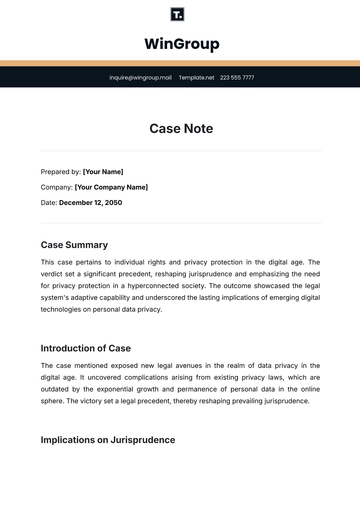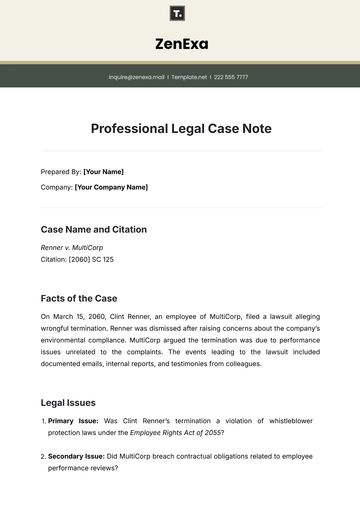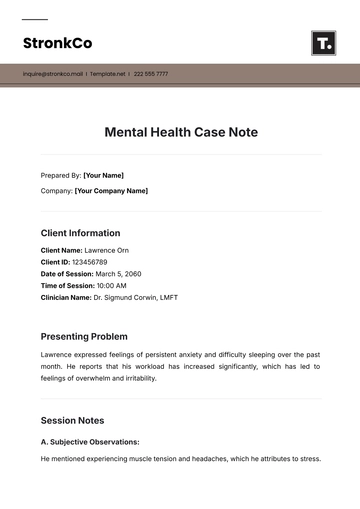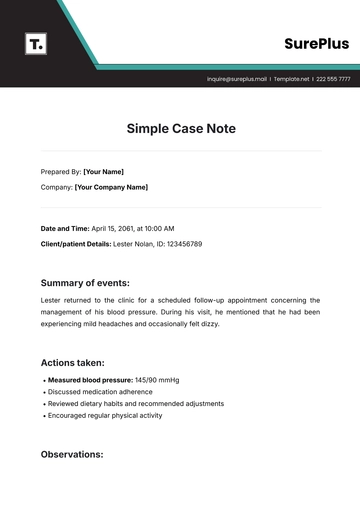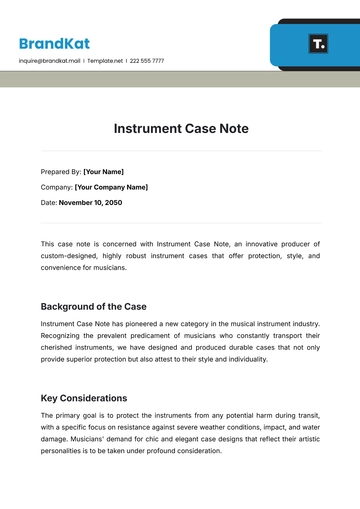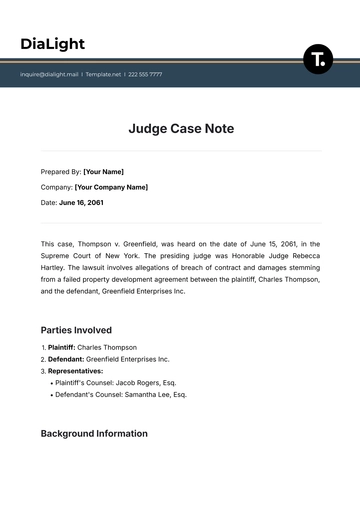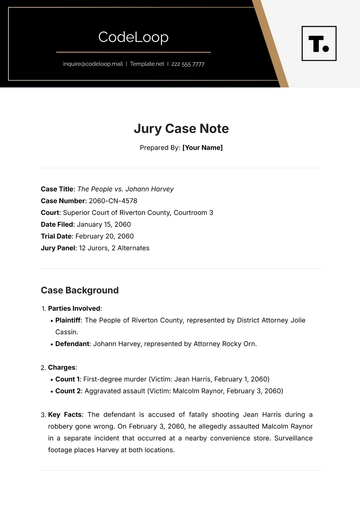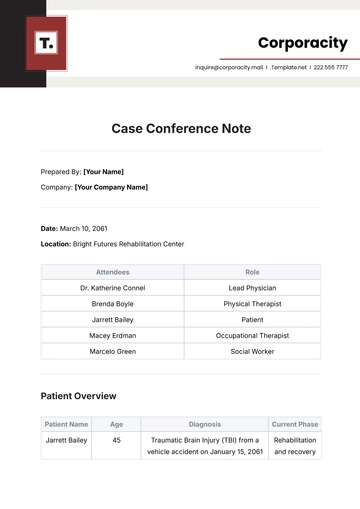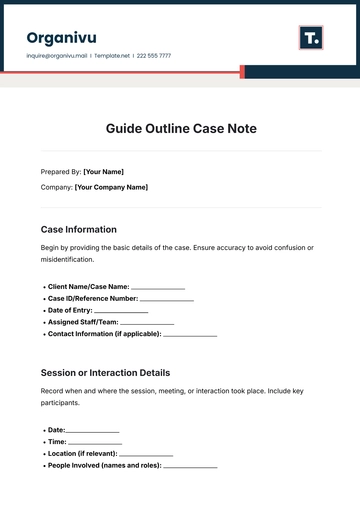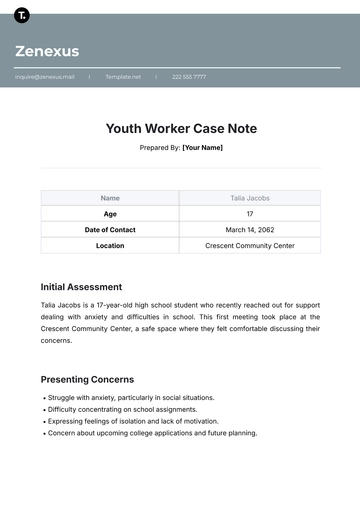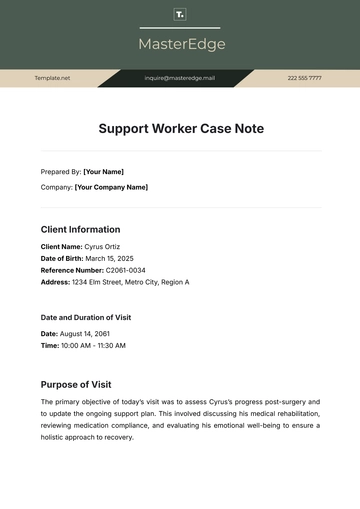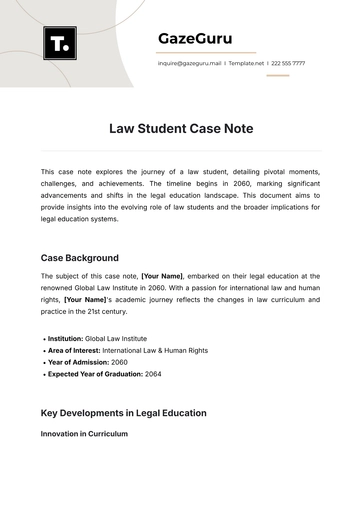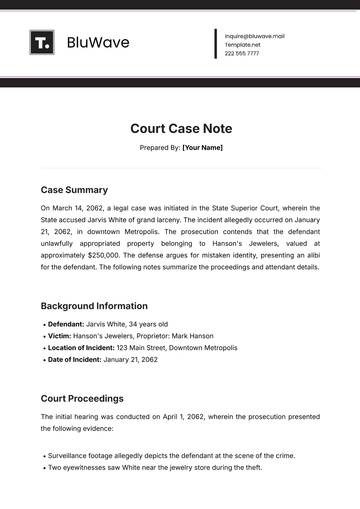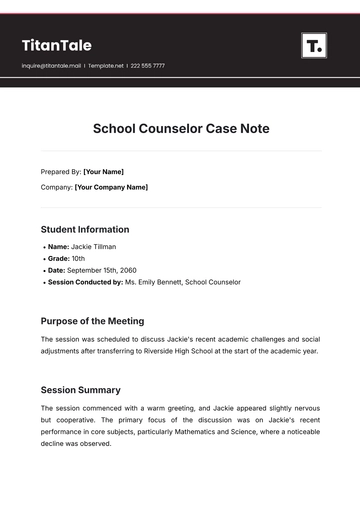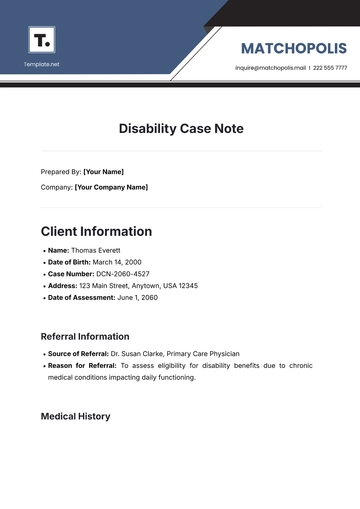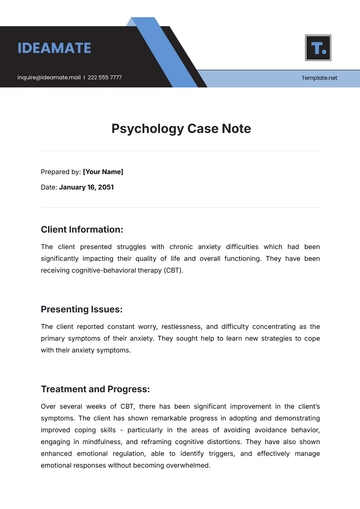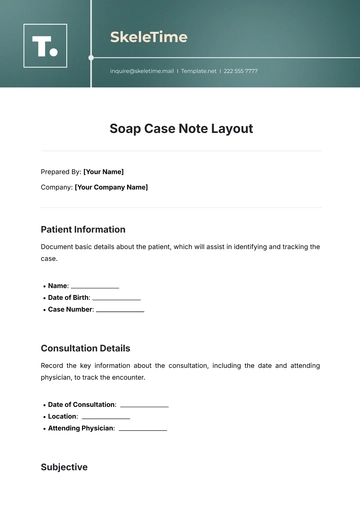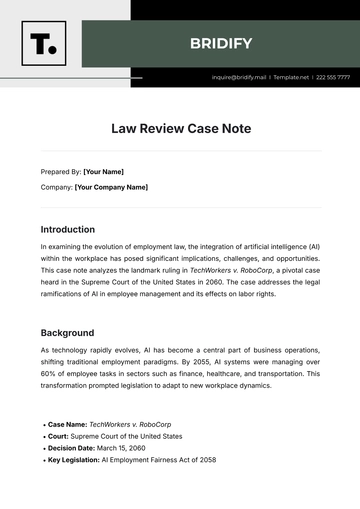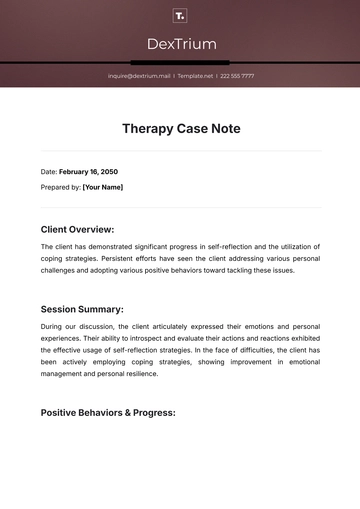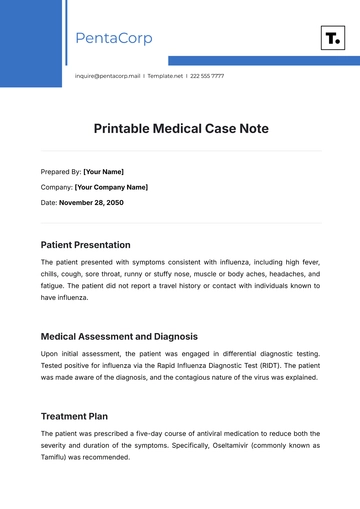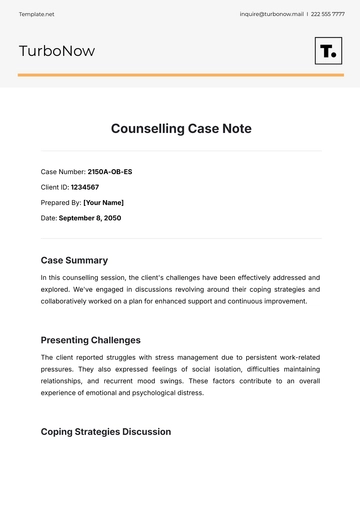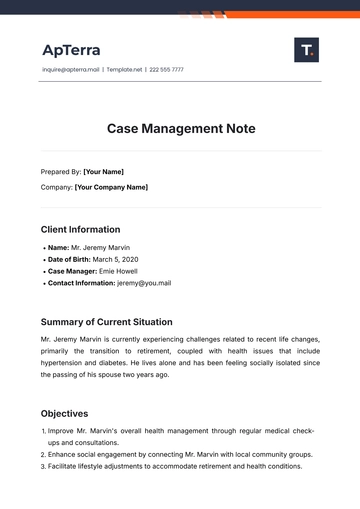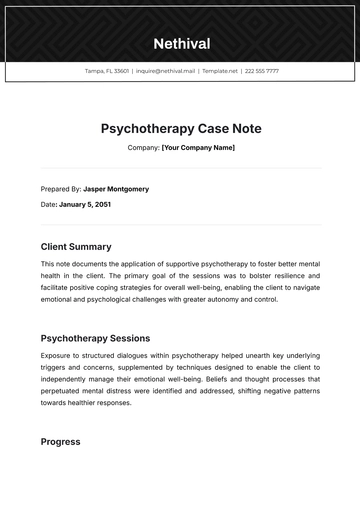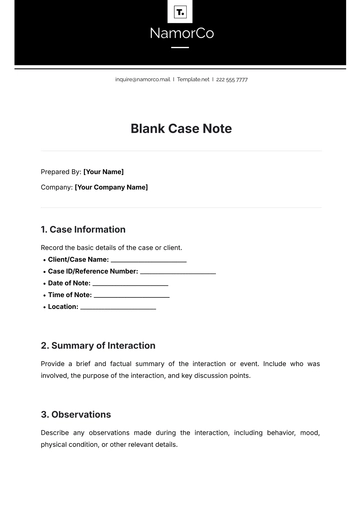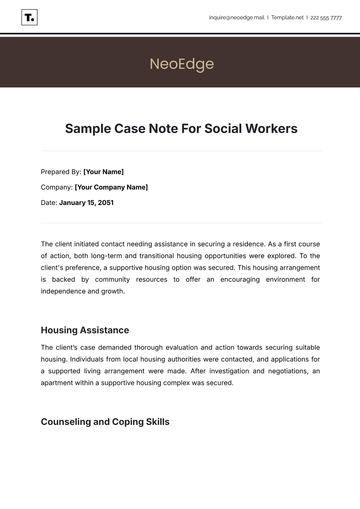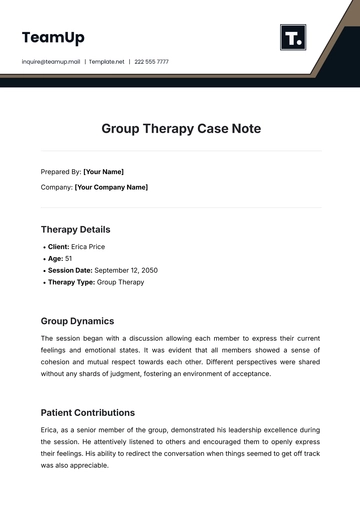Free Case Brief Notes

I. Case Citation
Gideon v. Wainwright, 372 U.S. 335 (1963)
II. Facts
In 1961, Clarence Earl Gideon was charged with breaking and entering a poolroom with the intent to commit a misdemeanor in Florida. During his trial, Gideon requested the court to appoint him an attorney as he couldn't afford one, but the court denied his request based on Florida state law which only provided counsel for indigent defendants in capital cases.
Gideon was forced to represent himself and was subsequently convicted and sentenced to five years in prison. While in prison, Gideon filed a habeas corpus petition with the Supreme Court of the United States, arguing that his Sixth Amendment right to counsel had been violated.
III. Issue
Whether the Sixth Amendment right to counsel, applicable to the states through the Fourteenth Amendment's Due Process Clause, requires states to provide counsel for indigent defendants in all criminal cases, not just capital cases.
IV. Holding
Yes. In a unanimous decision, the Supreme Court held that the Sixth Amendment's right to counsel is a fundamental right essential to a fair trial and is applicable to the states through the Due Process Clause of the Fourteenth Amendment.
Therefore, states must provide counsel for indigent defendants in all criminal cases where imprisonment is a potential punishment.
V. Reasoning
The Court reasoned that the assistance of counsel is necessary for a fair trial and the effective assistance of counsel is a prerequisite to the guarantee of a fair trial under the Sixth Amendment.
The Court emphasized the imbalance of power between the state and the individual in a criminal trial and the complexity of the legal system, which makes it difficult for an untrained defendant to adequately represent themselves.
The Court also cited historical precedents and the prevailing trend towards providing counsel for indigent defendants in both federal and state courts.
VI. Impact
The decision in Gideon v. Wainwright established the principle that the right to counsel is a fundamental right guaranteed by the Constitution and extended the requirement for appointed counsel to all criminal cases where imprisonment is a potential punishment.
This decision significantly expanded the rights of defendants in the United States and has had a lasting impact on the criminal justice system, ensuring that even those who cannot afford legal representation are provided with competent counsel to defend their rights.
VII. Conclusion
Gideon v. Wainwright stands as a landmark case in American jurisprudence, reaffirming the principle of equal justice under the law and ensuring that the Sixth Amendment's right to counsel applies to all criminal defendants, regardless of their financial means.
This decision reflects the Court's commitment to safeguarding the rights of individuals accused of crimes and ensuring that the criminal justice system operates fairly and impartially.
- 100% Customizable, free editor
- Access 1 Million+ Templates, photo’s & graphics
- Download or share as a template
- Click and replace photos, graphics, text, backgrounds
- Resize, crop, AI write & more
- Access advanced editor
Stay organized and efficient with our Case Brief Notes Template, a resource offered by Template.net. This customizable tool is downloadable and printable, ensuring accessibility whenever you need it. Editable in our AI Editor Tool, it allows you to jot down key points and insights effortlessly. Streamline your case brief process and enhance your legal analysis skills today.
You may also like
- Delivery Note
- Notes Release
- Concept Note
- Class Note
- Hospital Note
- Apology Note
- Credit Note
- Handover Note
- Personal Note
- Excuse Note
- Case Note
- Sample Doctor Note
- Lesson Note
- Appointment Note
- Piano Note
- School Note
- Progress Note
- Business Note
- SOAP Note Templates
- Therapy Note
- Briefing Note
- Summary Note
- Sample Note
- Printable Note
